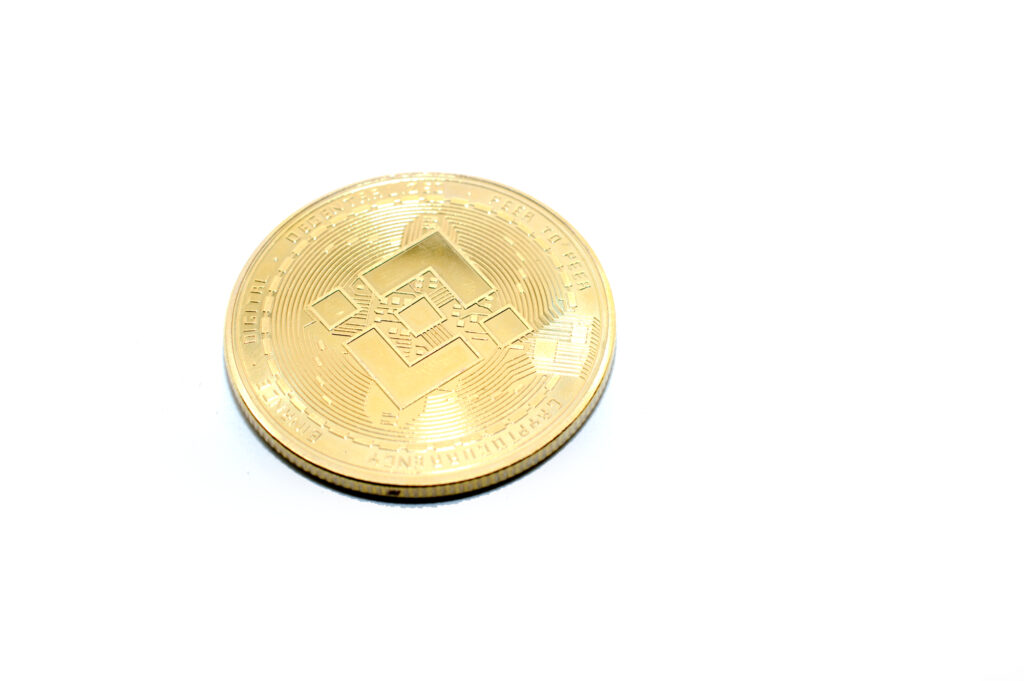
When FTX collapsed in November, its greatest adversary, Binance, turned into the undeniable goliath of the crypto verse. It is no surprise that it is under increasing scrutiny by regulators. The world’s largest digital asset exchange wields an enormous amount of power over the industry. This includes the ability to purchase and revive failing or fallen competitors such as Voyager Digital.
Binance even had a plan to bail out FTX, until the company saw the doomed platform’s books. CEO Changpeng Zhao not only reversed his offer, he has been very vocal on his thoughts about founder Sam Bankman-Fried. Zhao does not mince words for FTX’s unscrupulous business practices that shook the market to its core and took several other companies down in its aftermath.
Scrutiny is Getting Tighter
Be that as it may, Binance has progressively found itself under tighter scrutiny by U.S. controllers. Now, the exchange is under an even more watchful eye. A recent report suggests that the company’s U.S. and worldwide arms are more closely intertwined than what has been disclosed to the public. With negative features gathering up, Binance Coin, the trade’s advanced token, has fallen almost 7 percent in the most recent week.
Per Binance, these two divisions are completely independent of one another. This permits the exchange which has no physical headquarters, to shield its enormous overseas activity from U.S. oversight. Yet The Wall Street Journal claims this might not be the case:
“Binance and Binance.US, have been a lot more interconnected than the organizations admit, They combine staff and accounts. This means every purchase and sale of digital funds, per multiple communications surveyed by The Journal, Binance engineers in China have access to the codes of Binance.US clients’ crypto wallets. This potentially gives the international branch full access to U.S. client information.”
A representative for Binance affirmed to The Journal that the exchange “didn’t have satisfactory consistence and controls set up during those early years.” The same source was insistent that the two sectors have long since been fully separate entities.
Flying Under the Regulation Radar
Binance thought about different approaches to limit its susceptibility to U.S. oversight. One of these methods was the Binance.US element exclusively for American clients. Another suggestion was for the exchange to dispatch “significant P.R. endeavors” to show its readiness to cooperate with U.S. regulators.
In 2019 some of the platform’s top employees asked Gary Gensler to oversee these campaigns, per The Journal. Binance stated that if a Democrat won the 2020 US presidential election, Mr. Gensler would be offered the position of a controller. Gensler declined and is now the head of the Securities and Exchange Commission (S.E.C.).
Ironically, this market watchdog is currently one of the U.S authorities intently watching Binance. Per a lengthy audit concerning the connection between Binance and Binance.US, the S.E.C. is possibly trying to delay Binance from buying Voyager Digital. Binance CEO Changpeng Zhao suggested on on Friday, March 3, that the organization was considering walking away from the deal. He then rapidly affirmed his “commitment to the purchase”.
More signs of scrutiny arose a week ago when a bipartisan gathering of U.S. legislators requested more data from Binance. Critics wonder if this activity is an effort to find evidence “that the trade is a breeding ground of illicit money related action that has helped over $10 billion in installments to crooks and approvals evaders.” Those being the words of one of these legislators.
A Binance representative disclosed to DealBook that the exchange is “confident” in the strength and integrity of its internal controls. The crypto giant also reiterated its commitment to open dialogues with legislatures and regulators.
Yet the top brass at Binance have long-term concerns that such an investigation was inevitable. One executive made the comment to colleagues in 2019 that a lawsuit filed by the U.S. government would prompt “atomic fallout”.






